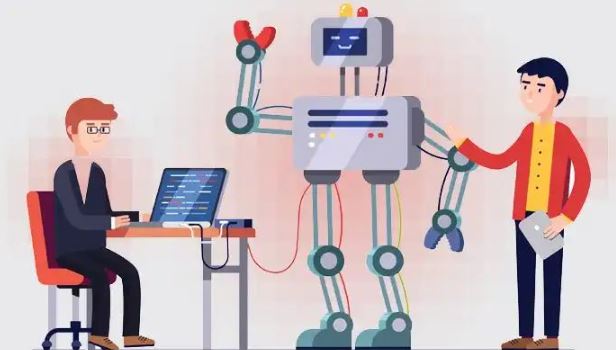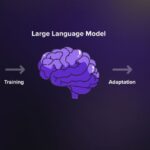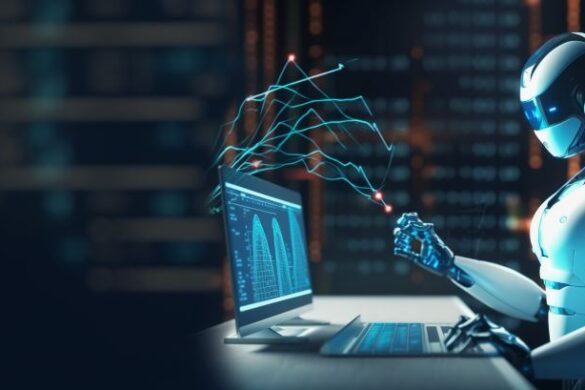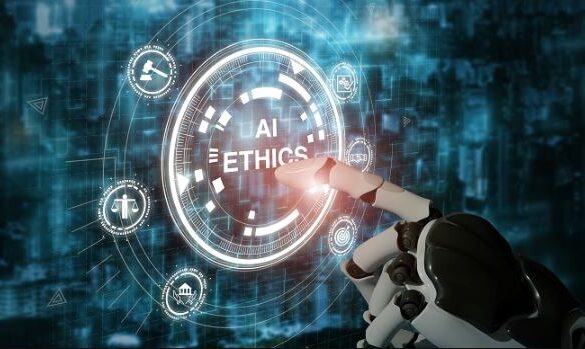Artificial intelligence (AI) is transforming the job market by automating repetitive tasks, enhancing productivity, and creating new opportunities. While AI can improve efficiency, it also raises concerns about job displacement and skills gaps.
How AI Is Changing the Workforce
Automation of Routine Tasks
AI can perform repetitive or predictable tasks more efficiently than humans. Roles in manufacturing, data entry, and customer support are particularly affected, reducing demand for certain manual and administrative jobs.
Creation of New Job Categories
AI technology also creates new roles, such as AI trainers, data annotators, machine learning engineers, and AI ethicists. These positions require new skills and training.
Enhancing Productivity
AI tools assist workers by automating mundane tasks, analyzing data faster, and providing actionable insights, allowing humans to focus on creative, strategic, or complex problem-solving activities.
Remote Work and Collaboration
AI-powered collaboration tools and intelligent scheduling software are enabling more flexible work environments, making remote work more efficient and productive.
Challenges for the Job Market
Skills Gap
Many workers may lack the technical skills required for emerging AI-driven roles, necessitating reskilling and continuous learning programs.
Economic Inequality
Automation could widen income gaps if high-skill workers benefit disproportionately while low-skill workers face displacement.
Ethical and Legal Considerations
Decisions driven by AI in hiring or performance evaluation can raise ethical concerns, such as bias or lack of transparency.
Preparing for an AI-Driven Job Market
-
Upskilling and Reskilling: Learn AI-related skills, programming, and data analysis.
-
Embrace Lifelong Learning: Stay updated on emerging AI tools and industry trends.
-
Leverage Human Creativity: Focus on roles requiring emotional intelligence, creativity, and complex problem-solving.
-
Adapt to New Roles: Be flexible and ready to transition into AI-supported or new job categories.
Conclusion
AI is reshaping the job market by automating tasks, creating new opportunities, and enhancing productivity. While it presents challenges such as job displacement and skills gaps, proactive learning and adaptation can help workers thrive in an AI-driven economy. Understanding AI’s impact on employment is crucial for preparing for the future of work.





